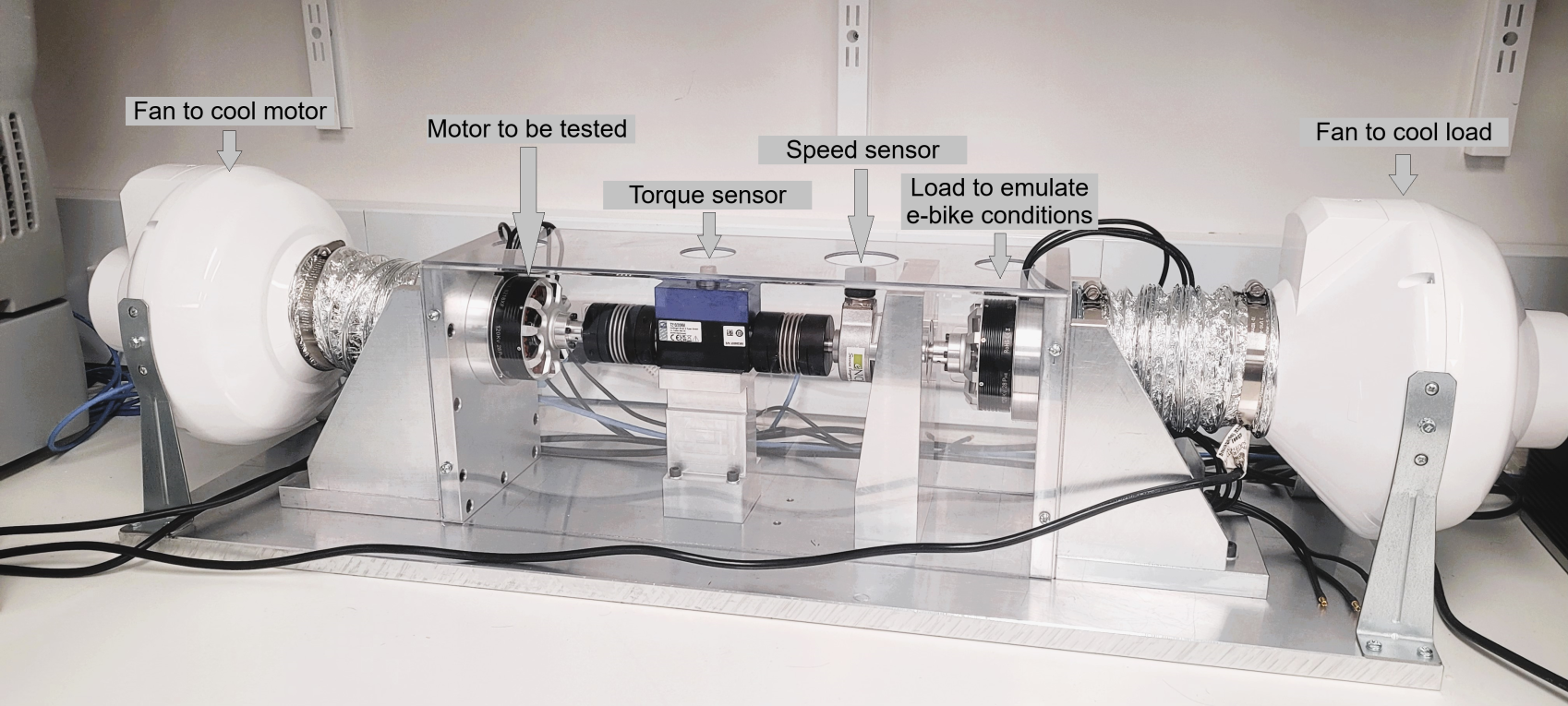Case Study
Posted on

An AEA Seed project aims to optimise the speed and power of an e-bike to create a greener and more useful form of active transportation.
Active transport is a concept being embraced by governments worldwide to reduce greenhouse gas emissions, improve citizen health and minimise traffic from personal vehicles.
Walking and cycling are good examples of active transport but the emergence of personal and rented e-bikes and e-scooters have added additional options to the mix.
Using electric motors to power bikes and scooters means adding weight to the frame in the form of batteries and drivetrains that can come in a variety of sizes and weights.
With assistance from an AEA Seed grant, researchers at UNSW Sydney have developed an algorithm to perfect the balance between motor speed and gearbox size to create powertrains that are lighter, smaller and more efficient.
Project lead Dr Matthew Priestley said the Seed grant helped propel the project forward in the search for commercial applications of their research.
“The AEA funding has been critical for UNSW to unlock our patented electric motor technology and partner with industry to create a market-ready motor solution that helps pave the way for Australia to thrive in the booming e-bike economy,” Dr Priestley said.
The project team are developing a state-of-the-art e-bike motor drive lab to test e-bike motor performance without needing the bike frame. The technology uses real-world ride data from industry partner TAV Systems to better model the potential for more powerful and efficient e-bikes.
Founder and CEO of TAV Systems Nithesh Pushparaj said their team is thrilled to collaborate with UNSW on the development of a new e-bike motor that will use 40% less rare earth material.
“This project aims to reduce production cost, power consumption, lower audible noise and take Australian university and industry collaboration to the global stage,” Mr Pushparaj said.
The university’s collaboration with TAV Systems has been instrumental for providing critical insights into the key design constraints of e-bike motor drive systems.
The next step for the project team is to turn data and theory into real life concepts with an e-bike motor based on the established optimised speed using UNSW's patented motor design and software.
AEA is a $1.6 billion Australian Government investment aimed at transforming Australia’s research translation and commercialisation landscape.
The program is funding projects that align with national priorities to help take innovative ideas through to proof-of-concept and proof-of-scale as projects progress towards commercialisation and the creation of new businesses.
Visit the AEA website and AEA LinkedIn page for further updates.
